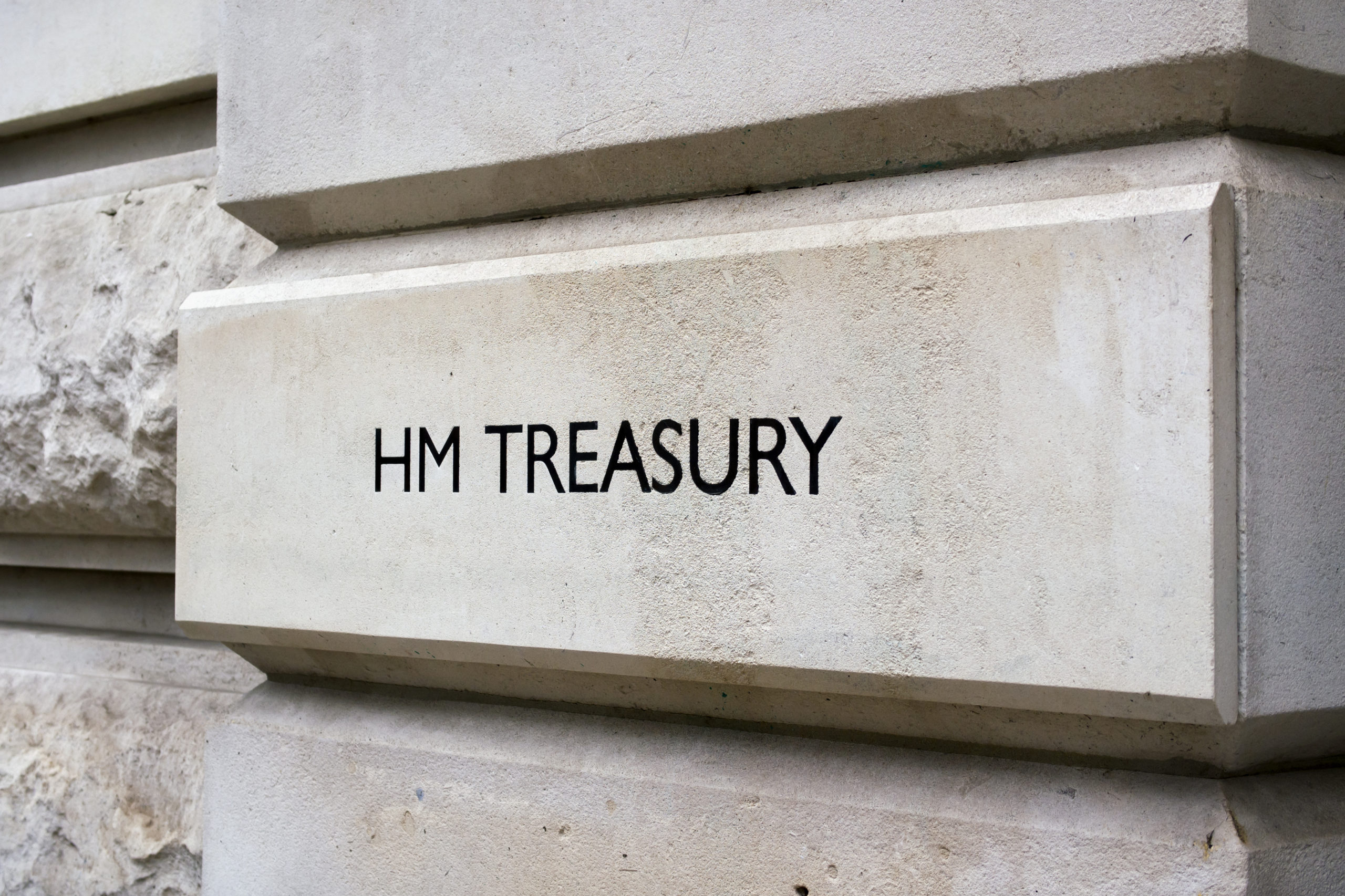

DB Wood Team
24th November, 2017
Hot Topics
Autumn Budget 2017 – what it means for your Financial Planning…
This was the first Budget of the new Parliament and the first in its new permanent autumn home. Thankfully, this provides welcome breathing space between the announcement of Budget changes and their introduction. In truth, it was the dull budget we had anticipated; devoid of much in the way of significant change. There were no noteworthy tax or pensions changes that will have any meaningful impact on your savings. Happily, this means that we can all plan for the tax year ahead with confidence and clarity.
By way of a summary, here are the key points from today’s Budget (including the measures already announced):
The economy:
- The Office of Budget Responsibility (OBR) revised down their expectations for UK economic growth to circa. 1.5% per annum over the years ahead.
- Brexit uncertainty and a lack of productivity were the main points of caution.
- Ironically, the budget was proof of a step up in government investment spending, which will undoubtedly have positive economic consequences. Moreover, the continuing push to increase the living wage (4.4% increase, or £50 pcm extra to living wage earners) in addition to further focus on new housing and small business innovation should bring about further benefits.
- Don’t get us wrong, we are still very cautious on the UK economic outlook, but given the abysmal 1.5% estimate, we feel there is certainly the potential for an upside growth surprise if the politicians do their job negotiating over the channel.
Pensions:
- The pension lifetime allowance will rise in line with inflation up to £1,030,000 and reassuringly there are no changes to the pensions funding limits – the annual (maximum contribution) allowance remains at £40,000 for people who earn up to £150,000 gross.
- The rules allowing you to use previous years unused contribution relief also remain in place.
Income tax:
- The personal allowance and higher-rate income tax threshold will increase to £11,850 and £46,350 respectively, from the start of the next tax year.
- The dividend allowance will be cut to £2,000 from £5,000 from 6th April, as already announced.
- In what was another step towards equalising the tax-efficiency of dividend and salary payments, this will hit small and medium sized business owners who take their profits as a dividend. The change makes employer pension contributions an even more attractive way of extracting profits from a business.
Capital gains tax:
- The capital gains tax allowance will increase by £400 to £11,700 from 6th April next year.
Inheritance tax:
- As expected, the inheritance tax nil rate band will remain at £325,000 until April 2021 and the main residence nil rate band will increase from £100,000 to £125,000. In total that will mean that, from April, couples can leave assets up to £900,000 to direct beneficiaries (their children) free of IHT, assuming the value of their net estate is not greater than £2 million on death.
ISAs:
- Annual ISA limits stay at £20,000 per person, with a range of different ISAs to choose from. Each has its own rules and limits and is designed for different purposes, whether that’s medium or long-term investing, or saving for a house deposit.
- Our feedback from clients (in particular those qualifying for LISAs and Help to Buy ISAs), is that they would like more clarity as to which ISA is most suitable for them. In the new year we will be producing a clear flow chart guide to clients through this round of Government fog.
Trusts:
- There will be a consultation published in 2018 to consider the simplification and fairness of trust taxation. It’s important to remember that trust planning isn’t just about the inheritance tax benefits – it’s also one means of controlling the distribution of your wealth.
- Nonetheless, this should be helpful……but we don’t expect it to be speedy.
In other news…
- There was also good news for the younger generations with the abolition of stamp duty for all first-time buyer purchases up to £300,000 with effect from today, as well as a new ‘millennial’ rail card to provide cheaper transport costs (33% discount for a £30 annual fee) for 26 to 30-year olds. For commuters to London though, its not applicable to season tickets (there’s always a catch).
In summary, it was an interesting, yet unsurprising budget; exactly what the doctor ordered in this volatile political environment. It was slightly more supportive than many expected, and clever in composition given the availability of funds in the governments bank account. Youth and innovation will be the main beneficiaries, but the overriding message of continuity will do everyone some good.
Categories
Recently Written
Join our mailing list



